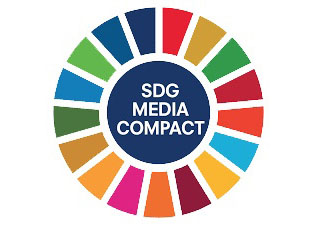IDN-INPS Editor-in-Chief and Director-General Ramesh Jaura met with Jorge Chediek, Director of the UN Office for South Cooperation (UNOSSC) at his office in New York on February 17, 2017 to acquaint himself with activities of this important constitutent of the UN system.
Among the issues discussed was what South-South Cooperation really means.
Simply put: South-South Cooperation is a broad framework for collaboration among countries of the South in the political, economic, social, cultural, environmental and technical domains. Involving two or more developing countries, it can take place on a bilateral, regional, subregional or interregional basis. Developing countries share knowledge, skills, expertise and resources to meet their development goals through concerted efforts. Recent developments in South-South cooperation have taken the form of increased volume of South-South trade, South-South flows of foreign direct investment, movements towards regional integration, technology transfers, sharing of solutions and experts, and other forms of exchanges.
Collaboration in which traditional donor countries and multilateral organizations facilitate South-South initiatives through the provision of funding, training, and management and technological systems as well as other forms of support is referred to as triangular cooperation.
READ our interview with the UNOSSC Director Chedek > Mainstreaming South-South Cooperation in the UN System














